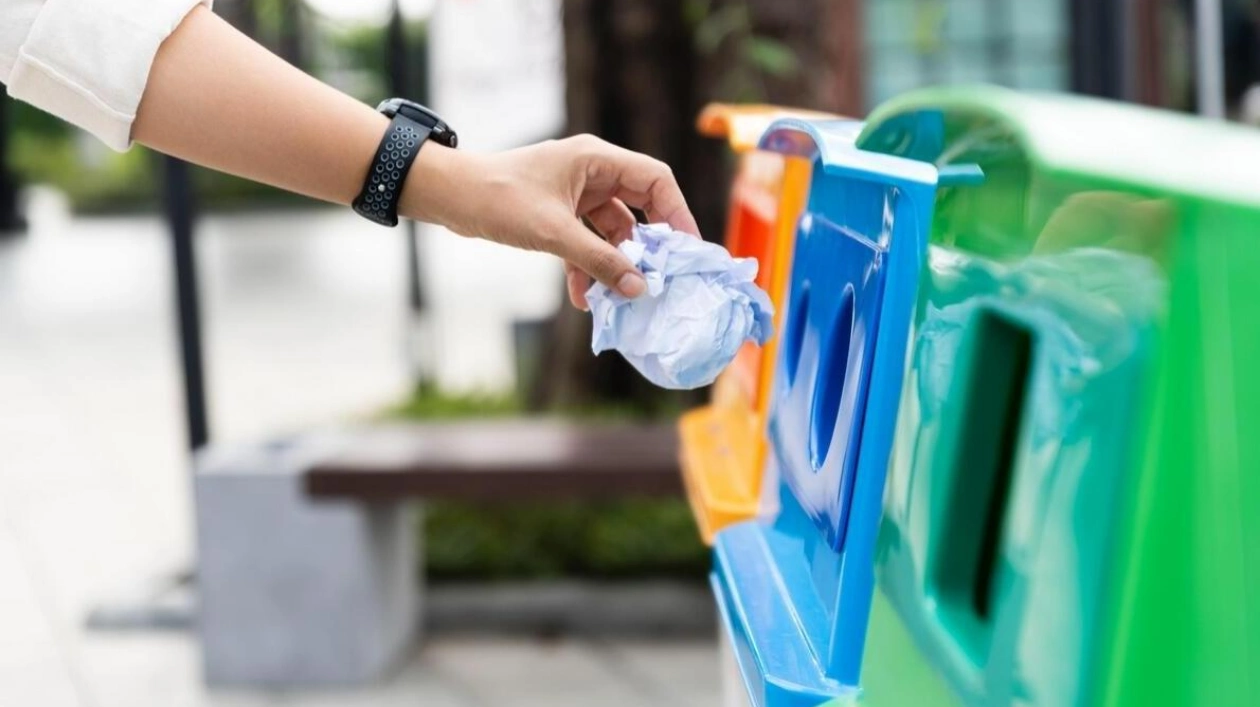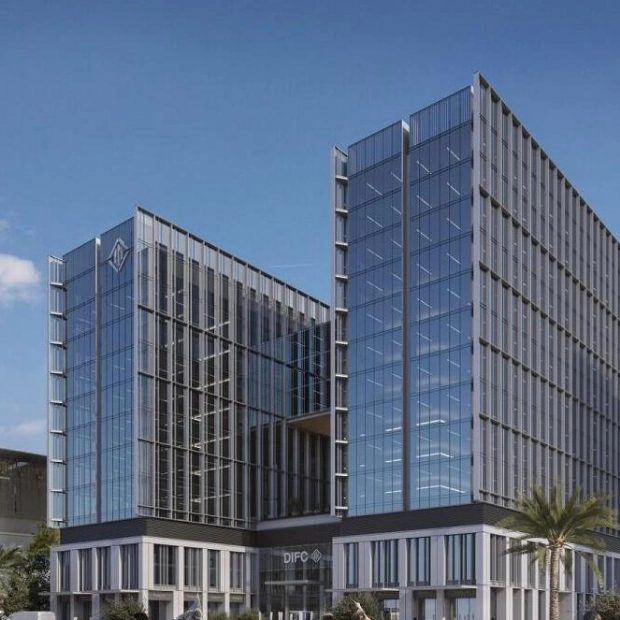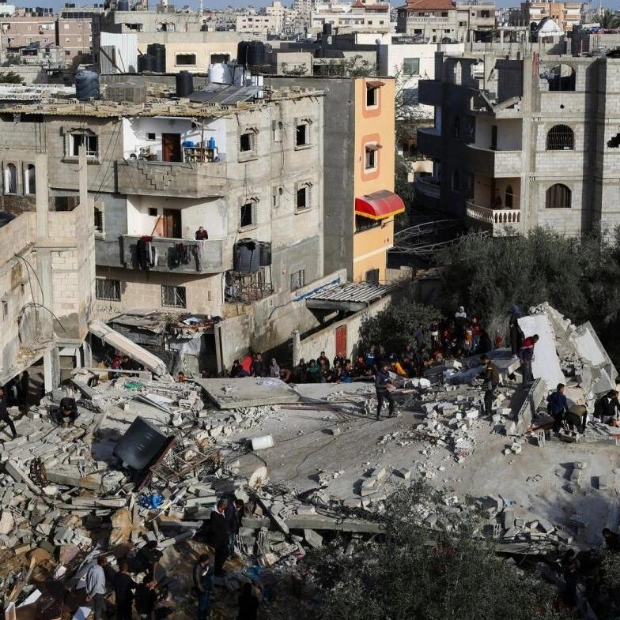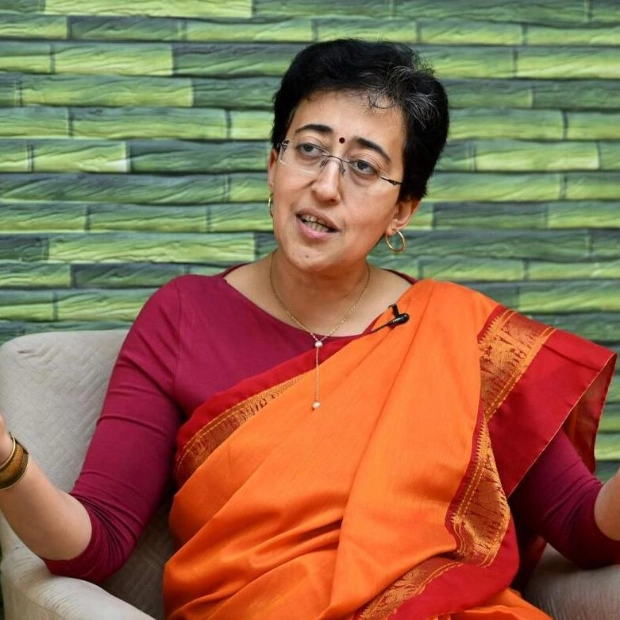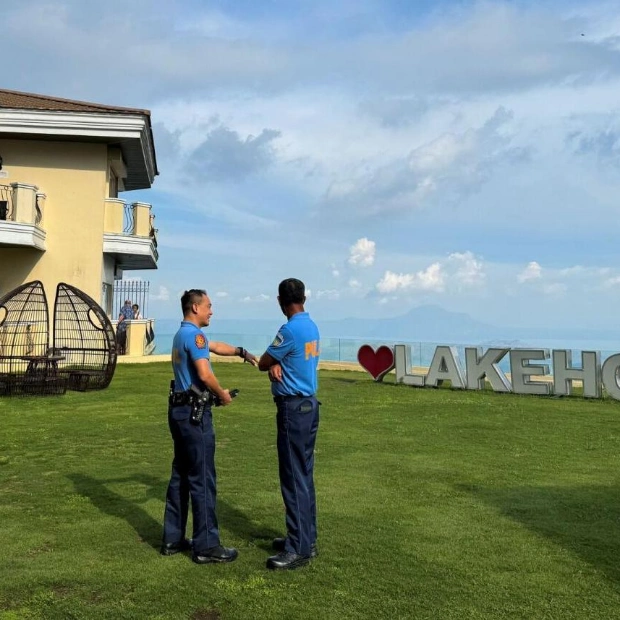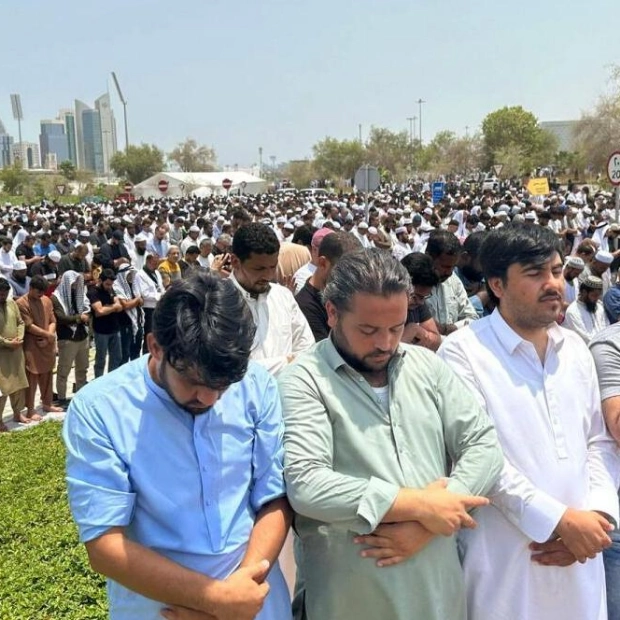Numerous UAE residents strongly advocate for enhanced recycling infrastructure, while others contend that self-discipline in waste segregation is more crucial than merely upgrading facilities. For villa dwellers, recycling is generally more straightforward. Bhavya Rao, a Springs Dubai resident, explained that villa waste management providers furnish them with two bins: a green bin for dry recyclables like paper and glass, and a black bin for wet waste such as food scraps. This source segregation facilitates easier processing, minimizing contamination and boosting recycling rates. Bhavya has mirrored this system at home, employing separate bins for green waste and recyclables. "I have two bins in my kitchen, following the waste collection services' model, one for green waste and the other for recyclable items in the metal bin. These home bins are subsequently emptied into the mega bins installed outside the house," Bhavya shared.
In contrast, recycling proves challenging for residents in high-rise apartment buildings. Natalia Miranda, a Dubai resident on the 25th floor of Jumeirah Lake Towers (JLT), noted that her floor has only one trash chute for all waste types. She expressed a desire for better waste segregation systems in apartments, suggesting that community managers like DMCC could spearhead consistent recycling initiatives to make it "easier for families like ours to participate." "While we don’t segregate daily, we do take our son down to the smart bins downstairs a few times a year as a 'learning opportunity' about responsible waste management," the American expat added.
A recent survey by Sparklo, a UAE-based cleantech firm promoting sustainable practices, found that 67 per cent of UAE residents would recycle more if improved facilities were available. The survey, encompassing 1,000 individuals across various age groups, revealed that many UAE residents recycle regularly, with nearly 50 per cent doing so once or twice a week, and 13 per cent daily. Environmental concern was the primary motivation for recycling, followed by economic benefits and social responsibility. Filipino expat Ben Lebig, residing in an apartment in Dubai Silicon Oasis, shared how his household separates waste into wet and dry categories. "We separate our waste into wet and dry categories. Non-food waste is placed in a bag in the waste room, collected by cleaners later. We dispose of all food materials in the waste chute. The government has implemented various structures to support this effort, but it ultimately comes down to individual discipline." Lebig noted that his neighborhood has reward programs incentivizing better recycling, such as depositing plastic bottles for points redeemable at participating outlets. "Collecting 250 points earns you a Dh50 voucher usable at various outlets in malls, including Carrefour Markets and Lulu Hypermarkets," he explained. This, coupled with recycling bins for paper and different waste types, and even old clothes, makes recycling accessible, yet the challenge persists with residents maintaining consistent habits. "I believe the infrastructure is in place; the challenge lies more in residents maintaining the discipline to use it properly. Overall, I think the government is doing a great job," added Lebig.
The survey also highlights the role of positive reinforcement, like bonuses for recycling, in fostering participation and building a community around sustainable practices. A notable example is Abu Dhabi’s initiative at its main bus station, where commuters could earn points toward bus fare by depositing plastic bottles into a reverse vending machine. Overall, while the recycling infrastructure is well-established, the ongoing challenge is ensuring widespread adoption and consistent behavior across diverse living environments.
